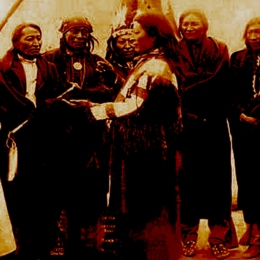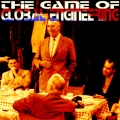
|
DUBROOM.org |
|
BABYLON OBSERVER - ARTICLES |
|
PROMOTING (DUB) REGGAE AND CONSCIOUSNESS ONLINE SINCE 1997 |
|
- DUBROOM MAINPAGE - INTRO - REVIEWS - ARTICLES - MESSAGE BOARDS - FAQ - PRIVACY - CONTACT - MAILING LISTS - |
|
SUPPORT US |
|
|
TOPIC |
|
|
TOPICS |
|

|
 |

|
 |

|
 |

|
 |

|
 |
|
READING |
|
 |
 |
|
|||
|
JAH |
|
|
CONSCIOUS |
|

|
 |

|
 |
|
MUSICAL |
|
 |
 |

|
 |

|
 |
|
FEATURED |
|
 |
 |
 |
 |
 |
 |





